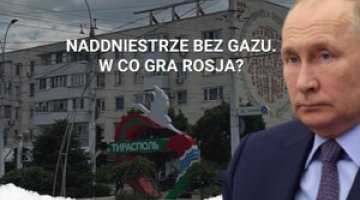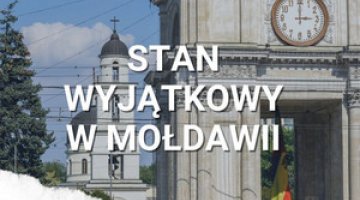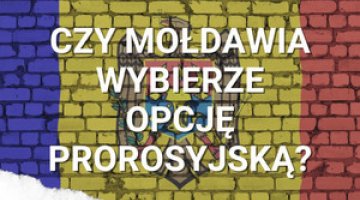The consequences of electing the President of Moldova
On 16 March, Moldova’s parliament elected as president Nicolae Timofti, a judge, the candidate of the ruling Alliance for European Integration (AIE), and the chairman of the Supreme Judiciary Council. In addition to the members of the three parties forming the AIE (who together hold 58 seats in parliament) and one independent member, three deputies from the so-called Igor Dodon group (who left the Communist Party last year), voted for Timofti, which allowed the required majority to be reached. The opposition Communists refused to accept the legality of the choice, despite its confirmation on 19 March by the Constitutional Court, and urged the public to civil disobedience. On the day of the election in parliament, the Communist Party held a thirty-thousand strong demonstration in the centre of Chisinau, the largest protest since the post-election protests by the then anti-communist opposition in April 2009.
-
The election of the president has broken the political deadlock in which Moldova had found itself since the parliamentary elections in 2009, after which the parliament was unable to put together the qualified three-fifths majority required to elect a president. As a result of the expiry in April 2009 of Vladimir Voronin’s term as president of Moldova, the country lacked a head of state (a role which parliamentary speaker Marian Lupu filled on a temporary basis).
-
Nicolae Timofti is a new person in politics; he has had no ties to any party and does not have his own political base. His statements suggest that he fully supports the pro-European AIE program. The president has limited prerogatives, the most important being the right to designate a Prime Minister. It seems unlikely that President Timofti will use his powers against the current government, and will in fact play a role in consolidating the ruling coalition.
-
The election of the President means the danger of early parliamentary elections has been averted; these would probably have been won by the Communists. Thus, the current government will have two and a half years to implement the reforms it has announced, with the aim of bringing Moldova closer to the EU. Yet this does not mean the disappearance of threats to the Alliance’s rule. Strong opposition is provided by the Communists, who are demanding the dissolution of parliament. A continued pro-European course may also be threatened by the reconfiguration of the ruling coalition, if the pro-Romanian Liberal Party of Mihai Ghimpu is replaced by the pro-Russian Party of Socialists under Igor Dodon. However this scenario, which Dodon is openly working for, is not very likely, as it requires two conditions: acute conflict between the coalition parties, and the defection to the Socialist Party of at least two Communist deputies.
- Moldova’s emergence from its long political crisis is a setback for Russia, which sees the present ruling coalition as excessively pro-Romanian and pro-European. It is symptomatic that the new president has not yet received congratulations from the Russian president, although the Presidents of Romania and Ukraine have found time to congratulate him, as have representatives of EU institutions. According to Russian media reports, on the day Nicolae Timofti was elected President, the Russian Security Council decided to grant the authorities of Transnistria a subsidy of US$150 million. This indicates that the election of a President of Moldova will not change Moscow's cool relations with Chisinau.




